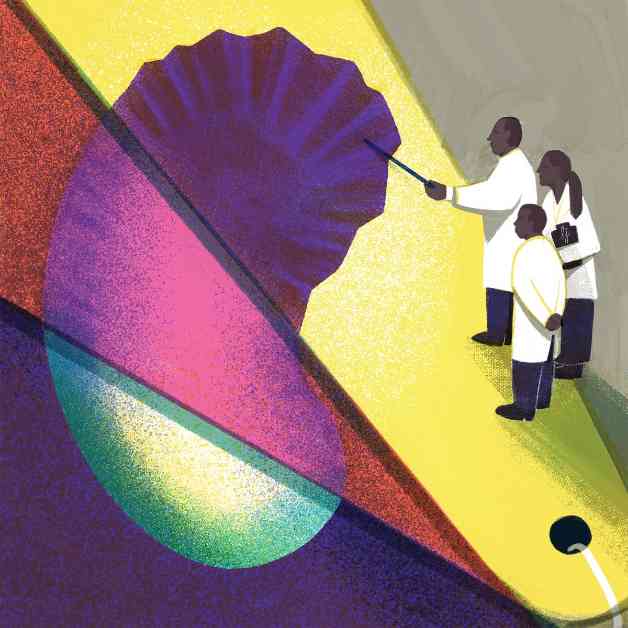Melanie Hoenig, a kidney specialist at Beth Israel Deaconess Medical Center in Boston, was teaching first-year medical students how to estimate kidney function when a student raised a question about the diagnostic algorithm that included an adjustment for Black patients. This adjustment made it seem as though Black people had better kidney function than people of other races with the same test results, leading to disparities in treatment and transplant opportunities.
The historical biases in medical diagnosis and tools have long been a challenge in the healthcare system. Medicine has traditionally treated race as a biological factor influencing disease, when in reality, race is a social construct that reveals little about ancestry. The reliance on race-adjusted algorithms has led to people being denied treatments, transplants, and diagnoses solely based on their race.
To address these biases, researchers are working to change algorithms and instruments and develop new models that reduce disparities. For example, in the case of kidney function assessment, the adjustment for Black patients was eliminated at Beth Israel Deaconess Medical Center in 2017, and efforts are being made nationwide to remove race from diagnostic equations.
Similarly, in assessing lung function, the use of race-based reference values has led to misdiagnoses and undertreatment of lung diseases in certain populations. The shift to race-neutral equations in spirometry is a step towards reducing disparities and improving health equity. The new equations aim to provide more accurate assessments that are not influenced by race.
In the context of COVID-19, the overestimation of oxygen levels in Black and Hispanic patients by pulse oximeters has had clinical consequences, resulting in delayed treatment and higher risks of readmission. Researchers are working to develop more accurate tools and regulators are considering larger test populations with diverse skin tones to ensure accuracy in readings.
In conclusion, addressing historical biases in medical diagnosis and tools is crucial for advancing health equity and providing fair and accurate treatment for all patients. By recognizing and eliminating these biases, healthcare providers can work towards a more equitable healthcare system that serves everyone equally. It is important for clinicians to critically evaluate the tools and algorithms they use to ensure they are not perpetuating disparities based on race or other factors.




